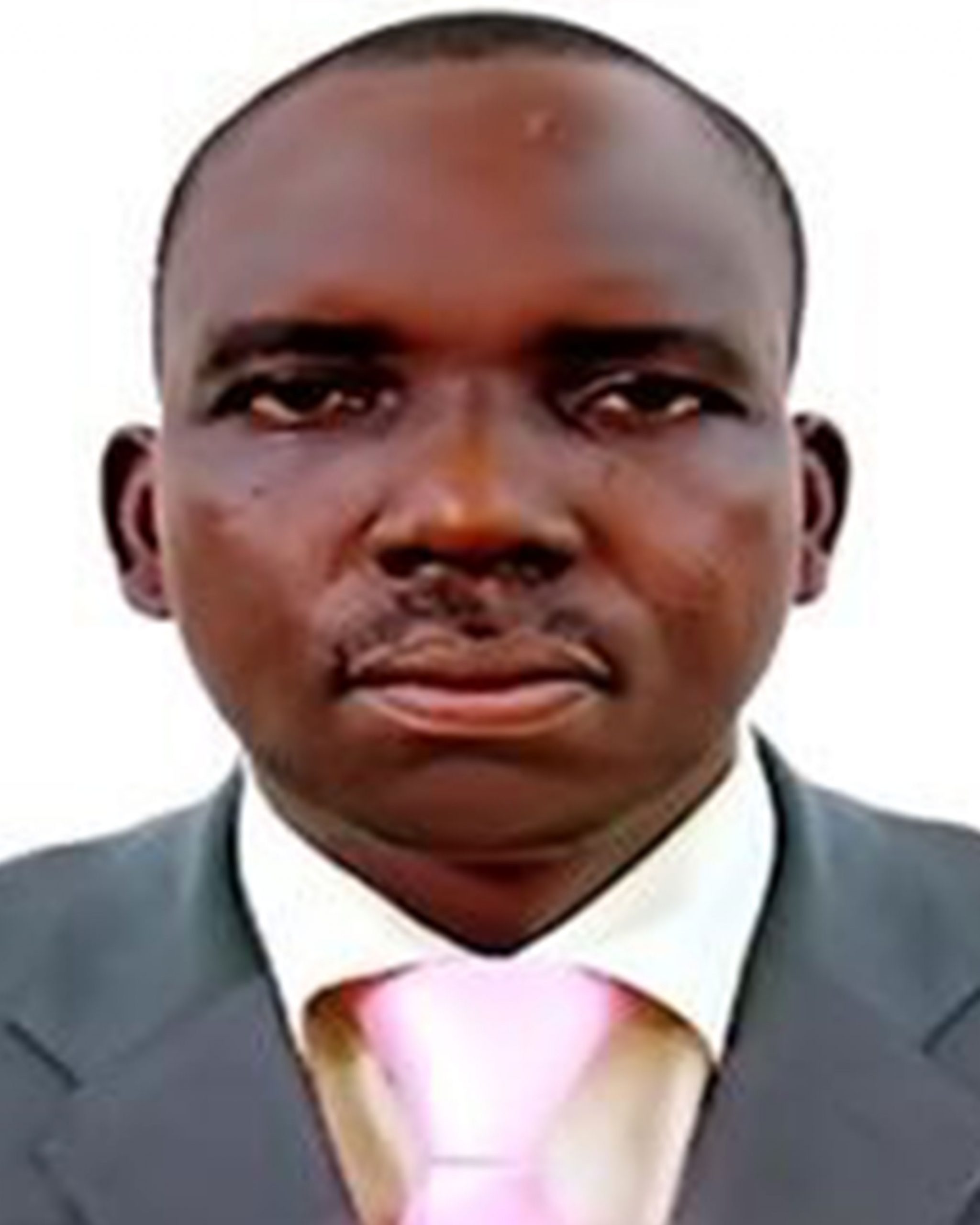The National Institute of Hygiene (INH) is located at the southern periphery of Lomé in the administrative area. The INH was created in 1967 with the support of German Cooperation and known as the “ERNST RODENWALDT Institute”. On January 5, 1976, by decree No. 01/MPAS, the ERNST RODENWALDT Institute became the National Institute of Hygiene (INH).
Staff: As of October 1, 2022, the INH employs 172 staffs composed of biologists (doctors and PhD), epidemiologists, biological engineers, senior laboratory technicians, laboratory technicians, hygiene assistants, administrative staff and research staff support.
To bring its services closer to the populations, INH created additional structures within the country to respond to the needs of population in health and diseases prevention. Thus in June 2020 due to the COVID-19 pandemic by decrees 167 and 168/2020/MSHP/CAB/SG, the INH branch in Kara (INH-AK) for molecular testing of COVID-19 in the north part of Togo and a mobile P3 laboratory were created for screening travelers for Covid-19
The activities of the INH are organized around 5 areas:
- Medical biology testing
- Water and food quality control
- Epidemiological surveillance
- Immunization
- Internship Framework for students from University in biology, medicine, food technology and other schools or structures whose study or research framework is the INH.
LABORATORIES AND TECHNICAL SERVICES
Bacteriology laboratory This department is involved in the surveillance of diseases with potential epidemic for bacterial meningitis, diarrheal diseases and mycobacterium. Various types of samples are commonly analyzed routinely or as part of epidemiological surveillance.
Biochemistry Laboratory: performs measures of molecules contained in different physiological fluids (blood, urine, puncture fluids), electrophoresis of hemoglobin, hemoglobin and glycated hemoglobin. The laboratory is accredited by the West African Accreditation System (SOAC) for 19 parameters, namely urea, blood sugar, creatinine, uric acid, total cholesterol and triglyceride transaminases, cholesterol fractions (HDL, LDL); Gamma-glutamyl transpeptidase, calcium, magnesium, ions (potassium, sodium and chlorine), total and direct bilirubins and alkaline phosphatases.
Hematology laboratory : The laboratory carries out medical biology examinations for the hemogram (Blood count), Hemoglobin rate (TH), White count (NB), spermogram, hemostasis tests (bleeding time (BT), prothrombin rate (TP/INR), activated partial thromboplastin time (aPTT), fibrinogen, measure of blood factors coagulation FVIII, FIX, FV, FVII, anti-coagulation factor antibodies, Anti-thrombin, Protein S, Protein C, Antiphispholipid antibodies, homocysteine, Factors V leiden), Direct Coombs test, Indirect Coombs test, Rhesus grouping , hemogram on animal blood is also carried out.
Parasitology Laboratory : The medical parasitology laboratory takes care of the search for parasites in blood, stools, urine, under the skin, at the anus and even drilling water for research: – schistosome eggs; – Plasmodium; – Cysts, Eggs and Parasites; – microfilariae under the skin and in the blood. Serology
Serology laboratory is the reference laboratory for the biological confirmation of diseases with potential epidemic for Yellow Fever, Measles and Rubella. The examinations carried out include tests in the following areas: – congenital infections (Toxoplasma gondii, rubella virus); – sexually transmitted infections: HIV, Syphilis; – liver infections, Hepatitis B, C, hormones determination
Vaccination service It takes care of vaccination and the approval of vaccination certificates for people who is travelling. The service provide immunization against yellow fever and issues international certificates and immunization. In addition to vaccination, the service carries out disinfection and disinfestation of premises.
Applied hygiene laboratories
Food Microbiology laboratory: This laboratory is involved in the food quality control chain in Togo and is a reference in microbiological control of foodstuffs due to its ISO 17025 accreditation. The laboratory’s activities are mainly focused on collecting samples in the field and performs microbiological testing in the laboratory with the following service offerings:
- Sampling/collection of food, water and various products;
- Microbiological testing of drinking water;
- Microbiological analysis of wastewater;
- Microbiological testing of foodstuffs;
- Microbiological analysis of surfaces and environments;
- Microbiological testing of various products (cosmetic products and others);
- Evaluation of the effectiveness of disinfectant products; – Expertise on cases of food and water-borne diseases.
Physico-chemistry laboratory The water and product chemistry laboratory ensures quality control of drinking water, wastewater, environmental samples, various products through:
- assessment of chemical and toxicological risks;
- analysis of the quality of the environment to protect the population and control risks; – participation in investigation and assessment of water quality.
Virology and molecular biology laboratory
- Recognition from WHO as National Influenza Center (NIC) since September 2021 for all issues related to the influenza in Togo
- Recognition from African CDC/ASLM (African society for laboratory medicine) as a laboratory performing quality COVID-19 tests by November 2021
Laboratory’s activities are grouped into the following areas:
- In medical biology by assessing viral load for Hepatitis B and C and HIV
- in public health consisting of the laboratory’s participation in the surveillance of diseases with potential epidemic through the biological confirmation of diseases under surveillance and other public health emergency events of international concern.
These diseases are:
- Viral diseases: Seasonal influenza (A/H1N1pdm09, A/H3N2, B/Yam/Vic), highly pathogenic avian flus (A/H5N1), other avian flus (A/H7N9, A/H3N2variant, etc.); COVID-19 (SARS-CoV-2), viral and arboviral hemorrhagic fevers (Ebola, Lassa, Marburg, Crimea-Congo, Rift Valley Fever, Yellow Fever, Dengue, Chikungunya, Zika); other respiratory viruses (Rhinovirus, RSV,
Metapneumovirus, Para Influenzavirus, seasonal coronaviruses)
- Bacterial diseases (Acute bacterial meningitis, Buruli ulcer, Yaws)
- Parasitic diseases (malaria, onchocerciasis)
- research interventions consist of operational research which are activities linked to the public health.
These interventions are most often carried out in the form of projects financed by technical and financial partners. Since 2011, the laboratory has participated in research projects on diseases, including:
- CDC funding project to maintain routine influenza surveillance capacity to detect and respond to pandemic influenza and support capacity development to respond to other respiratory infectious disease outbreaks, 2021-2026.
- CDC Funding Project on Improving Capacity to Conduct Routine Influenza Surveillance and Detect and Respond to Avian and Pandemic Influenza, 2016-2021.
- CDC Global Health Security (GHSA) Program on Building Capacity for Real-Time Surveillance and Rapid Response to Ebola, Infectious Disease Outbreaks, or Public Health Emergencies of International Concern, 2015-2018
- BuruliVac project for the search for vaccine candidates against Mycobacterium ulcerans infection in Togo (Buruli Ulcer), 2011-2013 – investigation missions for outbreaks or epidemics.
Director: HALATOKO Wemboo Afiwa, Medical Doctor, Biologist and Epidemiologist
Adress: 26 QAD, Rue Nangbeto 1BP1396, Lomé, Togo
Website: www.inh.tg
E-mail.: inhtogo@yahoo.fr
Tel.: +22822210633
Fax.: +22822215792
TEAM

Dr HALATOKO Wemboo Afiwa
PL- Project Leader
PATO Wyao Kpatcha
Financial Administrator
Dr Issaka MAMAN
Co-Investigator
M. MANGAMANA Mansama-Esso
Research Assistant
M. KOUKPAKI Kêgnidé Jean-Paul
Research Assistant